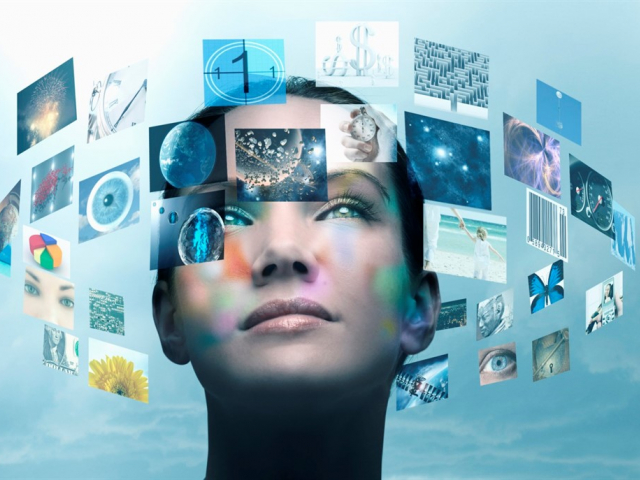
In an effort to attract and hold the full attention of customers, social platforms will increasingly resort to using virtual and augmented reality. In particular, the further development of video chats will result in the fact that users will be able, for example, to attend events as a hologram. When the network becomes an analogue of the 3D world, a 3D image of a person will be created using special technologies. So, it will be possible, for example, to hold meetings of former classmates in a 3D classroom or even sit down at a virtual desk.

According to experts, decentralized social networks have become a logical response to the uncontrolled spread of personal data. In addition to usual features, they have advanced privacy and sharing settings. Each member of this network has total control over personal information (including name, messages, and photos), at any time he can download it and delete his account. Although such services have not gained popularity yet, in the future they can displace Facebook from the leading positions.

Social networks will break new ground for ensuring the security of personal data. Already, in order ti identify customers, some online services use a two-factor authentication method: to access the account, it is necessary to enter a login and password, as well as a special code that comes via SMS or e-mail. Biometric methods, including fingerprint and retinal scans, are expected to be widely used to protect accounts in social networks in the future.

Due to the growing popularity of social media, various companies had the opportunity to directly contact consumers with the help of targeting - selecting the target audience by gender, age, place of residence, and other parameters for advertisements. Over time, these technologies will only be improved, and the system will probably even be able to anticipate the needs of customers. For example, while walking around the city center at lunch time, social network users will be notified of invitations to come to neighboring coffee bars.

It is possible that in the future users will be able to manage accounts in social networks with the power of thought. Already, there are some developments that allow to manage any process through signals that are interpreted from brain impulses. One day, physical devices will pale into insignificance, and perhaps all of us will become living storage devices using our own DNA. As a result, going online will be carried out directly from the brain, and this or that signal is transmitted with the help of one glance.
 English
English 
 Русский
Русский Bahasa Indonesia
Bahasa Indonesia Bahasa Malay
Bahasa Malay ไทย
ไทย Español
Español Deutsch
Deutsch Български
Български Français
Français Tiếng Việt
Tiếng Việt 中文
中文 বাংলা
বাংলা हिन्दी
हिन्दी Čeština
Čeština Українська
Українська Română
Română
